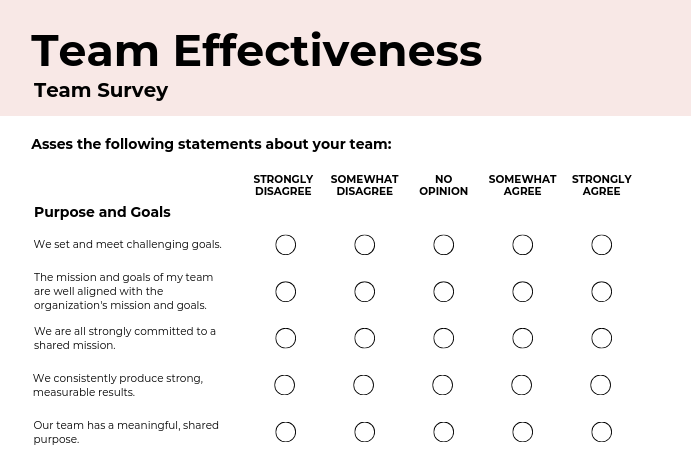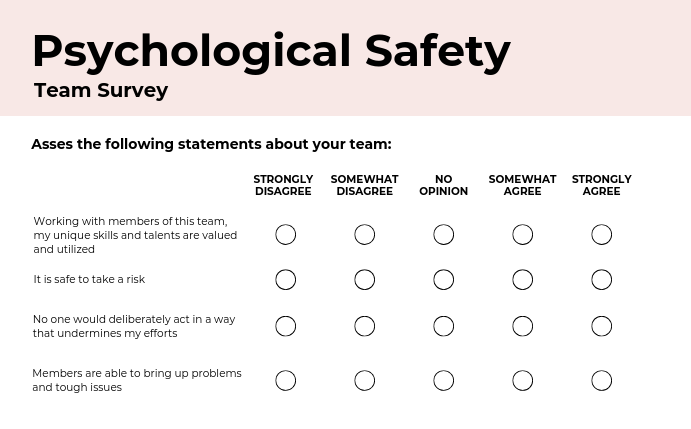
Guide – Continuous Performance Management
Learn how to implement Continuous Performance Management within your organisation to drive feedback, align goals, and support employee growth.
Culture is one of the most important assets of an organisation.
It is a distinctive element that is difficult to copy. Moreover, it is also a great asset in attracting and retaining talent. But culture can also be a challenge, for example, when there is still an old culture that is not aligned with the current strategy.
This survey is based on the work of researchers Robert E. Quinn and Kim S. Cameron. The results provide a picture of current organisational culture, and allows you to compare it with the desired cullture.
We’ll send it right to your inbox!
Culture is one of the most important assets of an organisation.
It is a distinctive element that is difficult to copy. Moreover, it is also a great asset in attracting and retaining talent. But culture can also be a challenge, for example, when there is still an old culture that is not aligned with the current strategy.
This survey is based on the work of researchers Robert E. Quinn and Kim S. Cameron. The results provide a picture of current organisational culture, and allows you to compare it with the desired cullture.

Learn how to implement Continuous Performance Management within your organisation to drive feedback, align goals, and support employee growth.

The effectiveness of a team is determined by the degree of alignment on Goals, Roles, Processes, and ways of Interaction (GRPI). Uncertainty about one or more of these elements leads to conflict and low performance.

Learn more about how we won the 2024 HR Tech Team of the Year award as a technical partner of A.S. Adventure and JUTTU!

Psychological Safety is an essential component of a positive work environment. Use this survey to discover the strengths and the challenges of the team, and also to receive actionable advice on what to do to develop as a team.

The feedback circle is a great exercise to discover the power of giving and receiving feedback. It’s goal is to foster personal and team growth through reflection and an open conversation.

Fika is a ritual where a conversation is being held with no agenda in mind. It is a concept, a state of mind, an attitude, and an important part of Swedish culture. All Swedes consider it important to take a pause.